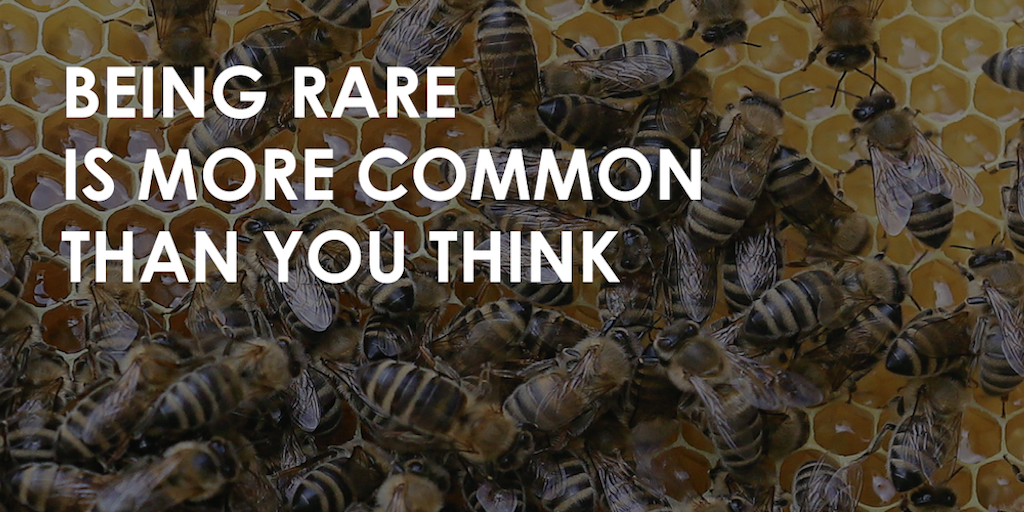
About the group
The Whitworth Group (Mariangels Ferrer-Duch, Nichola Garde, Nick Jordan, Rhona MacLeod, Romona Moldovan, Jay Roche, Fiona Ulph) have been collaborating in subgroups for many years. Combined, we have expertise in the Clinical Psychology, Genetic Counselling, Visual Art, Film-making, Media, Patient and Public Involvement, Narrative Therapy, Mental Healthcare, Rare Disease and Qualitative Research Methods. Podcasts and film productions are made at the University of Manchester’s Division of Psychology and Mental Health, at the MRI hospital, Manchester.
The group has a shared interest in the definition of ‘rare’ and what that means to us all. And led to us developing RARE/D – a project funded by the ESRC via the University of Manchester.
RARE/D aims to stimulate and capture public conversation about one of the biggest changes in how we think about health – what does it mean to have a rare condition and how we all may become “rare” when genomics becomes part of mainstream healthcare. This project will focus on the psychological, ethical and economic debates and in turn show how social science is helping to shape the health care of the future.
The central thread of RARE/D comprises is a series of publicly accessible conversations (initially as a podcast series) which explore the concept of rare – how it is already impacting on our lives, and we can alter that impact. They are hosted by Nichola Garde, teacher and consultant to the Manchester Centre for Genomic Medicine’s Science and Training programme on communication skills & Mariangels Ferrer-Duch, clinical psychologist and narrative therapist, and consultant to the Manchester Centre for Genomic Medicine’s service improvement initiative). RARE/D is novel as it utilising narrative expertise to ensure the conversations are able to address and hopefully reduce the stigma and isolation often encountered by those with a rare condition.
The Whitworth Group’s outcomes have included a 10 episode RARE/D podcast series, plus special episodes and documentary films: Rare Frequencies, Genetic Sequencies, A Day of Rare Conditions and Pathways Through the Entangled Forest. Public RARE/D LIVE events have been held at The Whitworth art gallery, Manchester, and at HOME, Manchester, which explored themes of genetics, health and well-being as part of Nick Jordan’s solo exhibition ‘Natural Interaction‘. The HOME event also featured story-telling and performances from Music is in our DNA, a Mapping Migrant Voices research project that brings together migrant musicians from around Greater Manchester to work on creative responses to history and genetics.
The Whitworth Group have recently made a series of Genetic Sounds podcasts for the European Society of Human Genetics (ESHG), with montly guests discussing all things genetic, now that genomics has moved to the forefront of medicine.
Our objectives
RARE/D aims to trigger conversations and debates across society about the implications of developments in rare conditions and genomic medicine.
We will do this by:
- Creating a series of publicly available “conversations” (podcasts) covering the ethical, psychological, economic, and education considerations around developments in rare conditions and genomic medicine
- Design all our public materials and events using the latest thinking in communications to ensure that we communicate clearly about social science and enable all to engage in conversations.
- Ensuring that public events are co-created with members of the public, patients and practitioners
- Embedding knowledge from narrative theory to address the stigma and isolation often encountered by those diagnosed with a rare condition.
- Enable attendees at our events to contribute their thoughts and reactions via a number of mediums
- Ensuring that the core issues emerging from these conversations are fed back to researchers, policy makers, practitioners to ensure that research and practice are shaped by these conversations.
Our mission
To address and reduce the stigma and isolation encountered by those with a rare condition by striving to achieve three goals:
1. To make accessible to all the lived experience of and latest research about rare conditions.
2. To stimulate new conversations about what it means to have a rare condition.
3. To ensure research into rare conditions is informed by these experiences and conversations.
